Secrecy shrouds UN peace mission to Myanmar
the UN envoy has arrived in Yangon on a mission to end a bloody crackdown on protests against military rule.
Sunday, 30.09.2007.
11:22

the UN envoy has arrived in Yangon on a mission to end a bloody crackdown on protests against military rule. UN's Ibrahim Gambari was to meet detained opposition leader Aung San Suu Kyi, diplomats said, and the road to the guest house where he was to stay -- and where he met Suu Kyi on a visit a year ago -- was closed by heavy security. Secrecy shrouds UN peace mission to Myanmar "Everybody is putting their hopes on Ibrahim Gambari, that he will solve the problem," a member of the pro-democracy underground said. "We hope that he will put the generals under pressure, along with other political leaders." He flew in on Sunday from an overnight stay in Naypyidaw, 240 miles the north of Yangon, the centre of an uprising led by monks that the junta has been squeezing the life out of by arresting or confining monks and barricading off the city centre. There was no word even on who Gambari met in Naypyidaw, which translates as "Abode of Kings", where the junta abruptly moved the government in 2005 -- apparently because astrologers had defined the auspicious hour for the shift. But diplomats said he must have met Senior General Than Shwe, as the junta chief was the only one with the authority to approve a meeting with Suu Kyi. A Foreign Ministry official contacted in Naypyidaw refused all comment. The generals usually ignore outside pressure, but they bowed to the international outcry that followed soldiers shooting down peaceful protesters last week to allow Gambari in at short notice. The heavy-handed suppression of the protests had prompted criticism even from China, the closest the junta has to an ally, and rare condemnation from the Association of South East Asian Nations (ASEAN), of which Myanmar is a member. Pressure was added by the departure of a Japanese envoy to Myanmar on Sunday on a mission to ensure a full investigation into the death of video journalist Kenji Nagai, 50. Video of his death on Wednesday, when the generals began their crackdown on mass protests, appeared to show a soldier shooting him at point blank range as security forces began to clear central Yangon of protesters. State-run media have declared the job done, proclaiming the restoration of peace and stability after security forces handled the protests "with care, using the least possible force". There have been no signs yet that the generals were prepared to make concessions to the protesters and some to the contrary. State television is publicizing marches around the country condemning the Yangon protests and officials say there will be more during Gambari's visit. The government has admitted 10 people were killed on the first day of the crackdown, but western governments say the real toll was much higher. The underground pro-democracy source said his group believed 10 monks had been killed -- eight on the streets and two in raids on monasteries -- along with 35 dead, according to hospitals his group had contacted. Hospital officials say not all bodies would have been brought to them. At their height last Monday and Tuesday, the protests in central Yangon, formerly Rangoon, filled five city blocks. The crackdown, in which soldiers shot into crowds, raided monasteries and hauled monks away in trucks, have reduced the mass demonstrations to bands of a few hundred people. They taunt and curse security forces, who have sealed off the protest area around two main pagodas in the city centre, then vanish into alleys when charged. Soldiers and police fire occasional warning shots, ensuring the city remains scared of a repeat of 1988, when the army put down an uprising, killing an estimated 3,000 people. There is no sign now of the maroon-robed monks, the moral core of the deeply Buddhist nation, whose column stretched nearly a kilometer (more than half a mile) at the height of the protests against 45 years of military rule. Those not arrested are penned in their monasteries by security forces. Gambari's meeting with Suu Kyi a year ago was the last time any senior foreign figure has seen the democracy icon, who has been confined to her villa without a telephone and requiring official permission, granted rarely, to receive visitors. Since she was last detained in May 2003, some of her countrymen have been able to see her just once -- early in the monk-led protests when marchers were allowed through the barricades sealing off her street. Suu Kyi, whose National League for Democracy won a landslide election victory in 1990 that the generals annulled, appeared at the gate of the house, riot police between her and the protesters. There has been no explanation, and no repeat, of the incident.
Secrecy shrouds UN peace mission to Myanmar
"Everybody is putting their hopes on Ibrahim Gambari, that he will solve the problem," a member of the pro-democracy underground said. "We hope that he will put the generals under pressure, along with other political leaders."He flew in on Sunday from an overnight stay in Naypyidaw, 240 miles
the north of Yangon, the centre of an uprising led by monks that the junta has been squeezing the life out of by arresting or confining monks and barricading off the city centre.
There was no word even on who Gambari met in Naypyidaw, which translates as "Abode of Kings", where the junta abruptly moved the government in 2005 -- apparently because astrologers had defined the auspicious hour for the shift.
But diplomats said he must have met Senior General Than Shwe, as the junta chief was the only one with the authority to approve a meeting with Suu Kyi.
A Foreign Ministry official contacted in Naypyidaw refused all comment.
The generals usually ignore outside pressure, but they bowed to the international outcry that followed soldiers shooting down peaceful protesters last week to allow Gambari in at short notice.
The heavy-handed suppression of the protests had prompted criticism even from China, the closest the junta has to an ally, and rare condemnation from the Association of South East Asian Nations (ASEAN), of which Myanmar is a member.
Pressure was added by the departure of a Japanese envoy to Myanmar on Sunday on a mission to ensure a full investigation into the death of video journalist Kenji Nagai, 50.
Video of his death on Wednesday, when the generals began their crackdown on mass protests, appeared to show a soldier shooting him at point blank range as security forces began to clear central Yangon of protesters.
State-run media have declared the job done, proclaiming the restoration of peace and stability after security forces handled the protests "with care, using the least possible force".
There have been no signs yet that the generals were prepared to make concessions to the protesters and some to the contrary.
State television is publicizing marches around the country condemning the Yangon protests and officials say there will be more during Gambari's visit.
The government has admitted 10 people were killed on the first day of the crackdown, but western governments say the real toll was much higher.
The underground pro-democracy source said his group believed 10 monks had been killed -- eight on the streets and two in raids on monasteries -- along with 35 dead, according to hospitals his group had contacted.
Hospital officials say not all bodies would have been brought to them.
At their height last Monday and Tuesday, the protests in central Yangon, formerly Rangoon, filled five city blocks.
The crackdown, in which soldiers shot into crowds, raided monasteries and hauled monks away in trucks, have reduced the mass demonstrations to bands of a few hundred people.
They taunt and curse security forces, who have sealed off the protest area around two main pagodas in the city centre, then vanish into alleys when charged.
Soldiers and police fire occasional warning shots, ensuring the city remains scared of a repeat of 1988, when the army put down an uprising, killing an estimated 3,000 people.
There is no sign now of the maroon-robed monks, the moral core of the deeply Buddhist nation, whose column stretched nearly a kilometer (more than half a mile) at the height of the protests against 45 years of military rule.
Those not arrested are penned in their monasteries by security forces.
Gambari's meeting with Suu Kyi a year ago was the last time any senior foreign figure has seen the democracy icon, who has been confined to her villa without a telephone and requiring official permission, granted rarely, to receive visitors.
Since she was last detained in May 2003, some of her countrymen have been able to see her just once -- early in the monk-led protests when marchers were allowed through the barricades sealing off her street.
Suu Kyi, whose National League for Democracy won a landslide election victory in 1990 that the generals annulled, appeared at the gate of the house, riot police between her and the protesters.
There has been no explanation, and no repeat, of the incident.










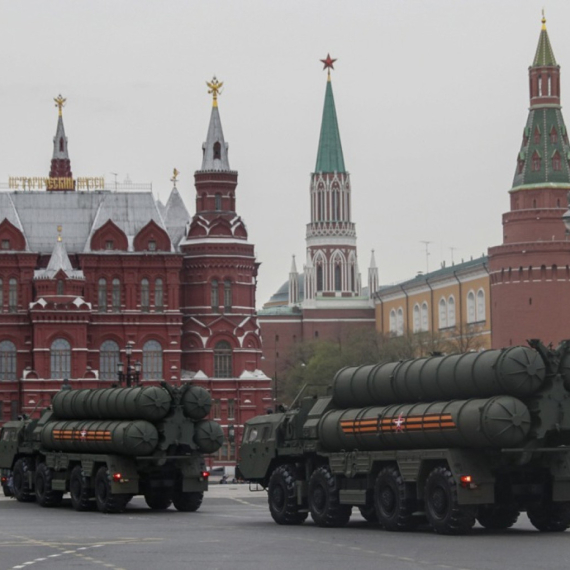
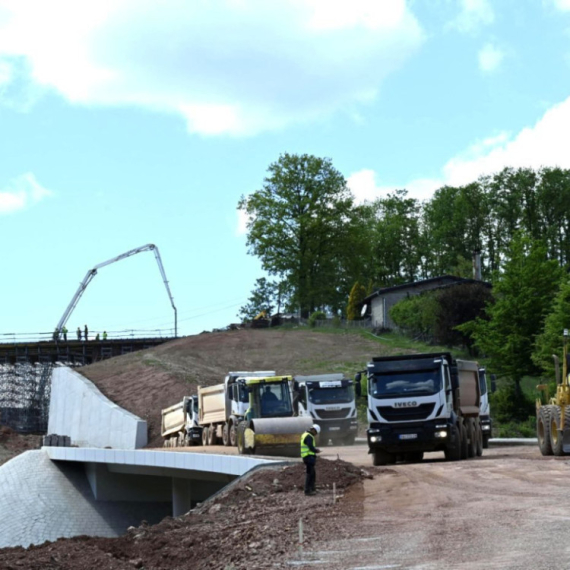
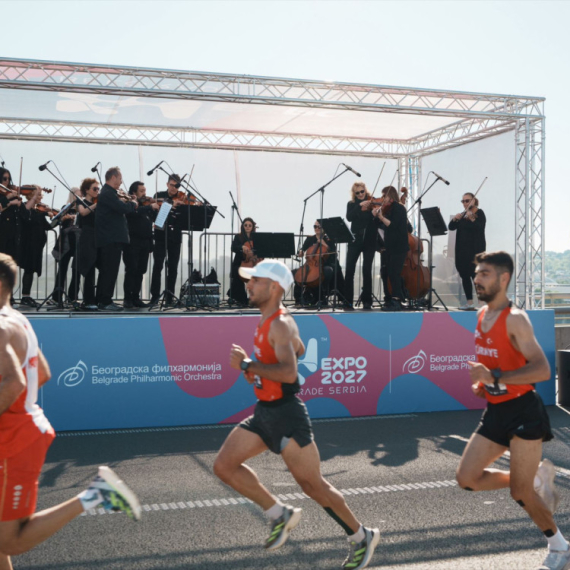


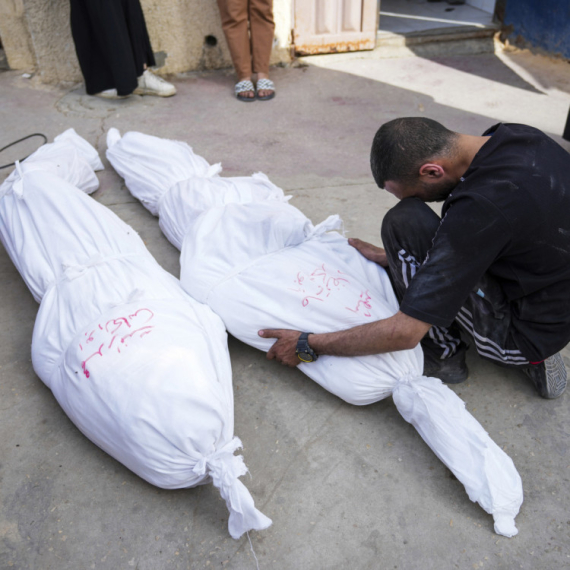
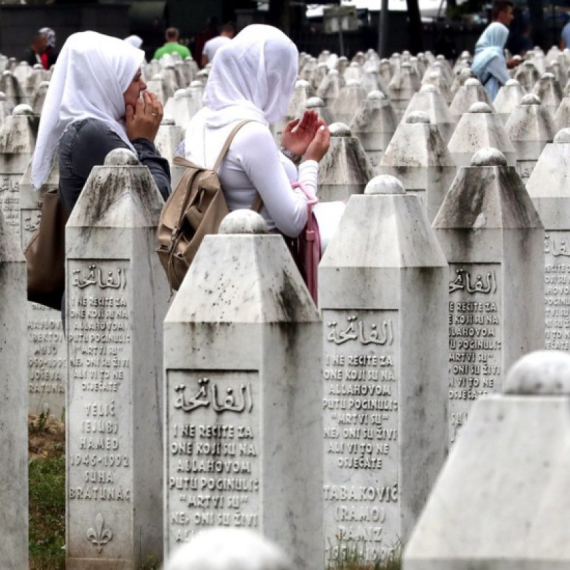
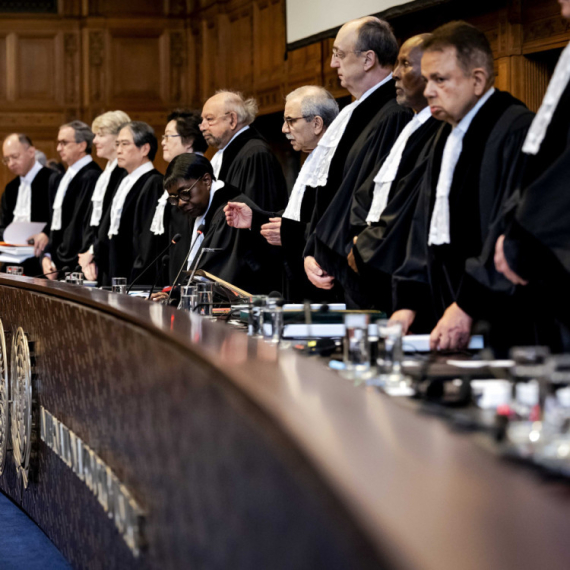
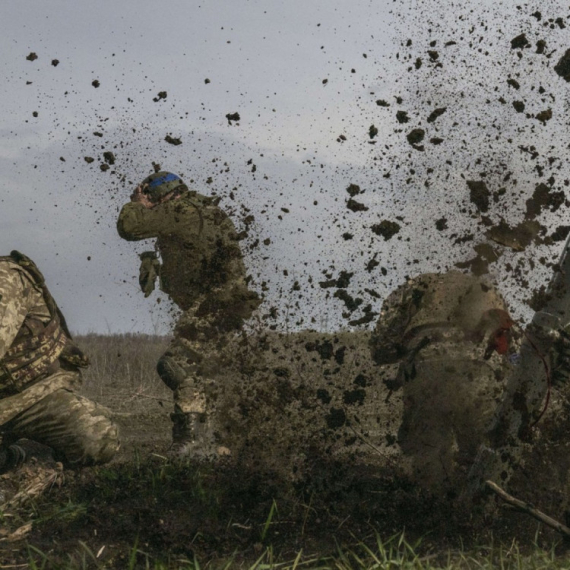
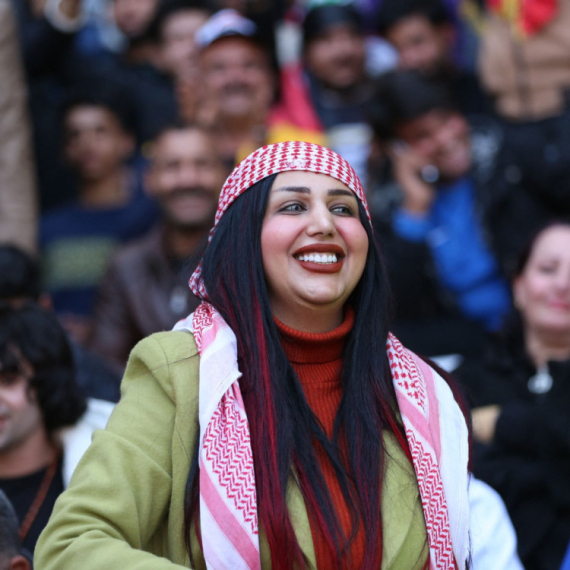
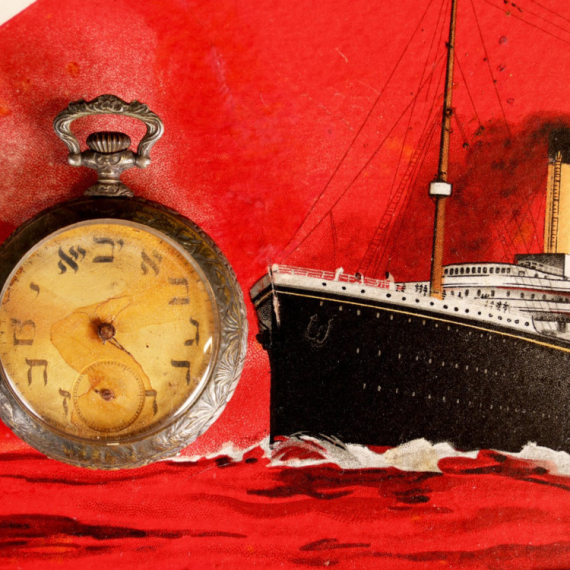
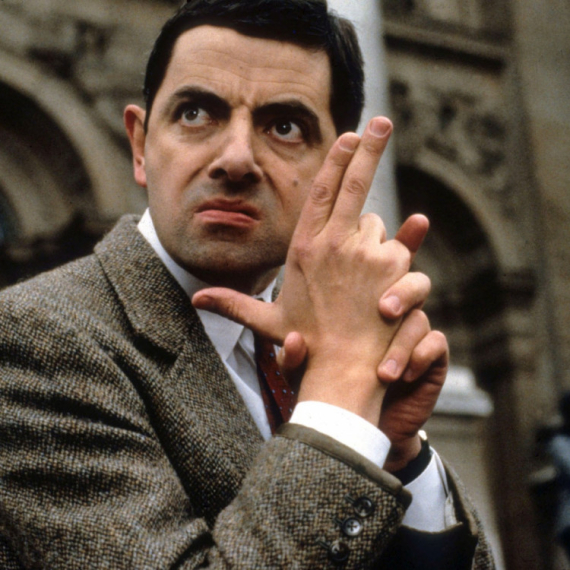
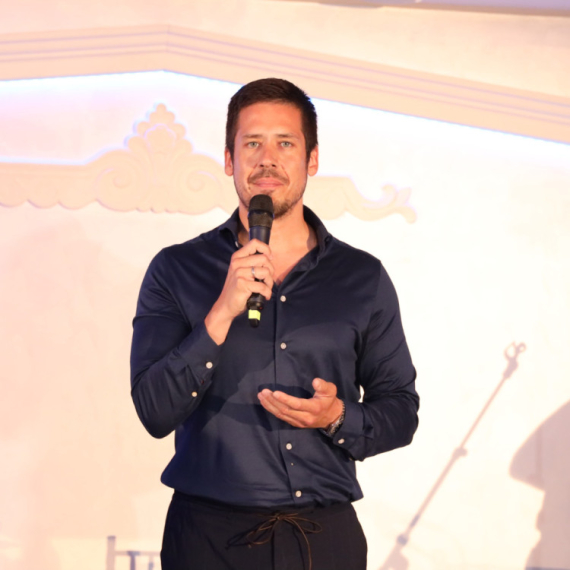
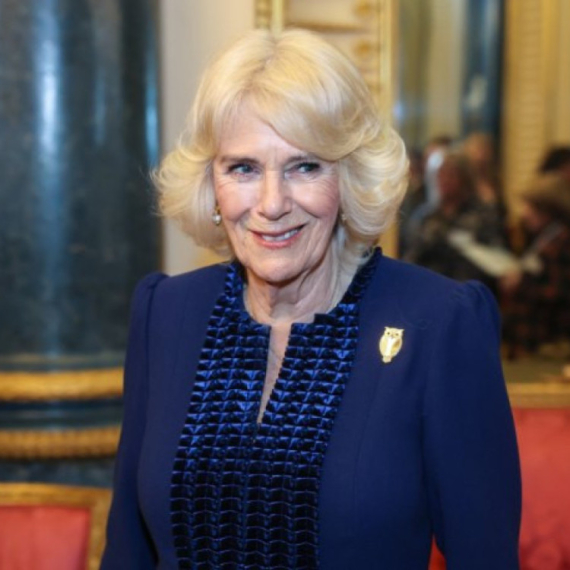



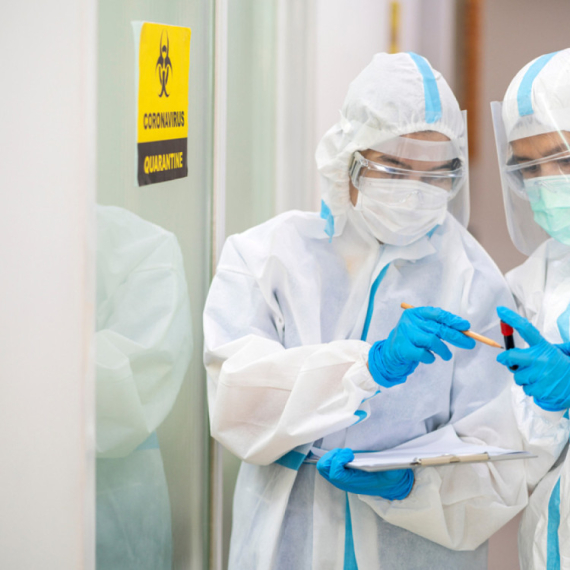



















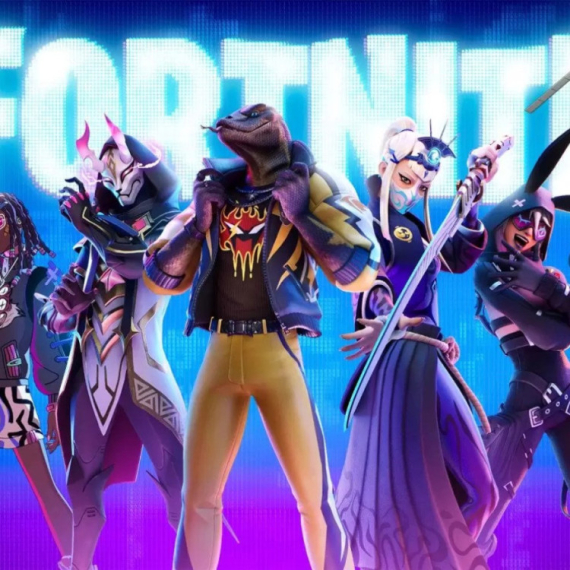

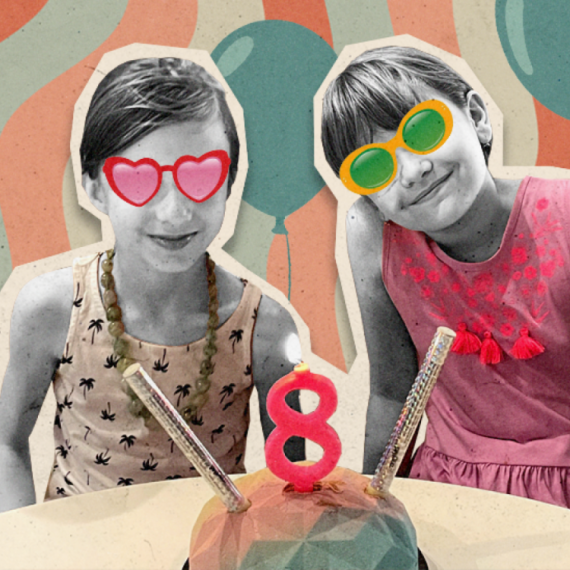
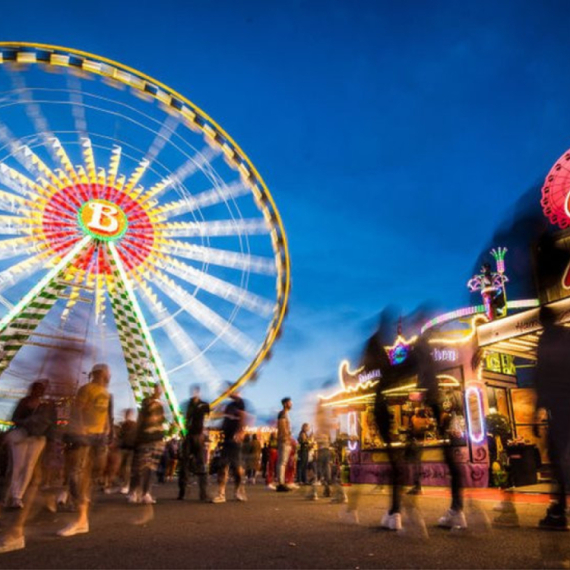
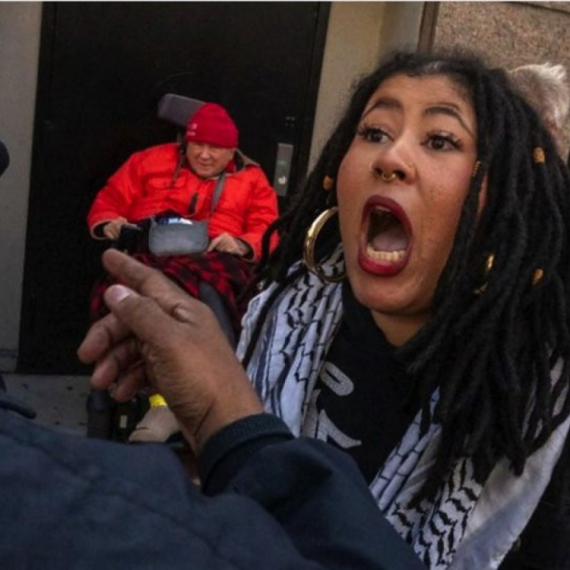
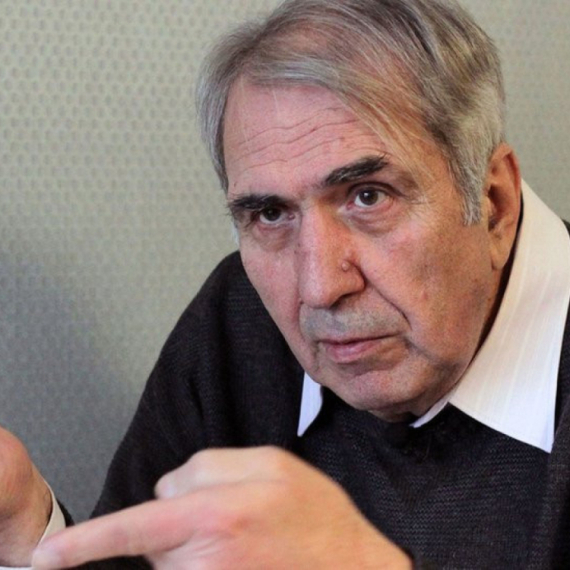
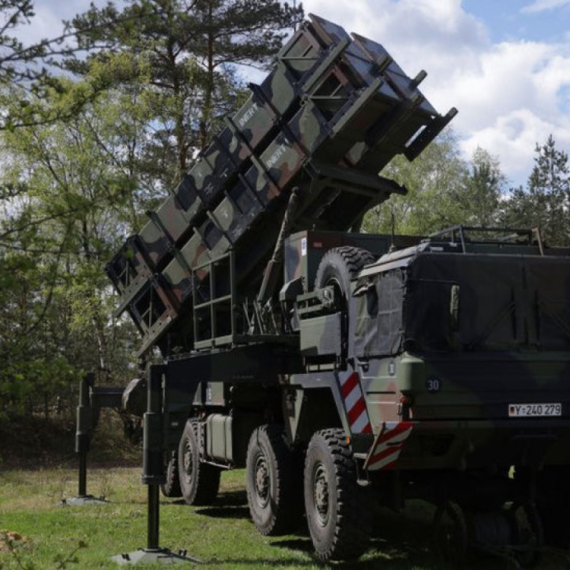

Komentari 0